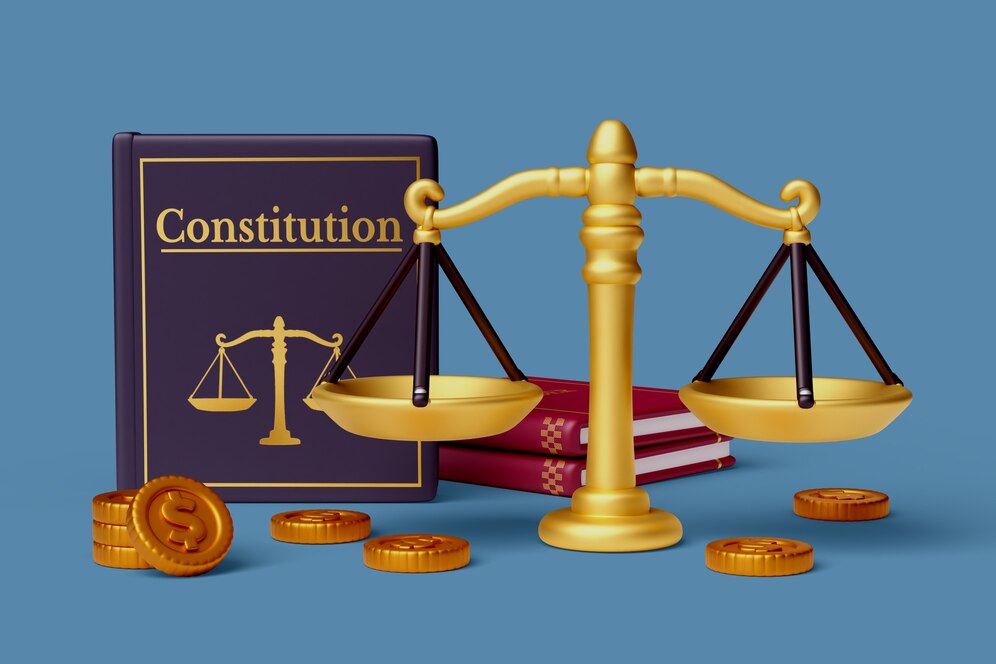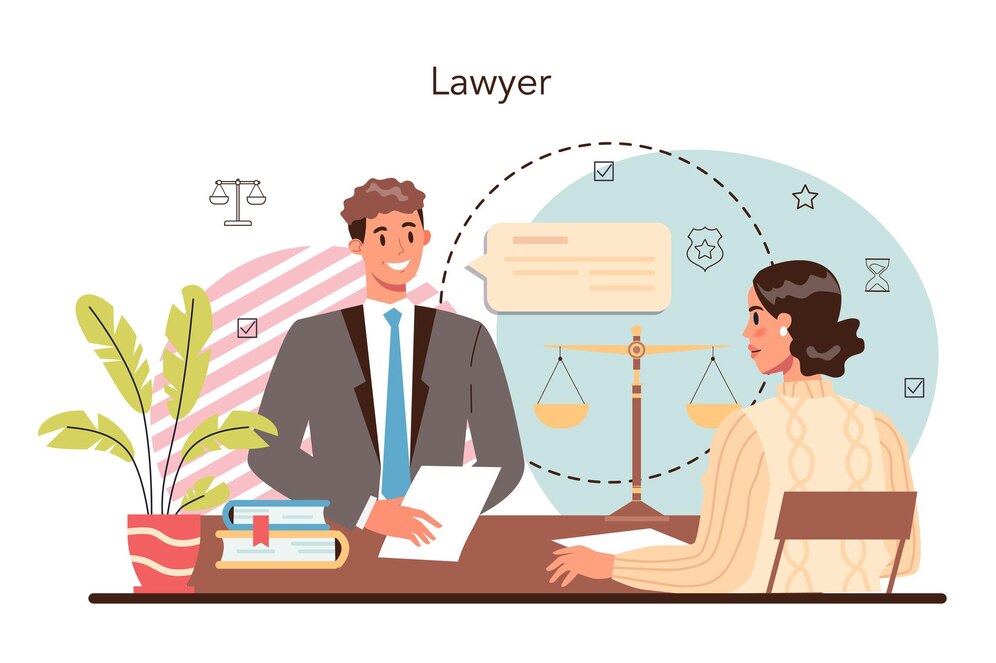
Legal Tips and Advice: Your Everyday Guide to Navigating the Law

The law might seem like a mysterious maze reserved for judges and lawyers in fancy suits. But everyday life throws plenty of legal situations our way, from renting an apartment to buying a car. Don’t worry, you don’t need a law degree to understand your rights and responsibilities! This guide is here to be your friendly neighborhood legal compass, offering clear and actionable tips for common legal scenarios.
Understanding Your Rights:
- Know the Basics: Legal rights vary depending on your location, but some core principles apply almost everywhere. These include the right to fair treatment, freedom of speech, and protection of your property. Familiarize yourself with the general legal framework in your area.
- Read Contracts Carefully: Whenever you sign a contract, whether it’s for a phone plan or a house lease, take your time and read it thoroughly. Don’t hesitate to ask questions if anything is unclear. A signed contract is a legally binding agreement, so understanding the terms is crucial.
- Document Everything: Keeping clear records is essential in case of any legal disputes. This could involve receipts, emails, written agreements, or photos depending on the situation.

Common Legal Situations:
- Renting an Apartment: Before signing a lease, understand your rights and responsibilities as a tenant. This includes knowing your deposit rights, maintenance procedures, and the proper way to terminate your lease.
- Buying a Car: Whether buying new or used, research the car’s history and get a mechanic’s inspection. Understand the warranty terms and financing details before signing any paperwork.
- Employment: Know your basic rights as an employee, including minimum wage, overtime pay, and protection from discrimination.
- Debt Collection: If you’re being contacted by debt collectors, understand your options and your rights to dispute the debt. Don’t ignore them, but be wary of scams.
- Minor Consumer Issues: Sometimes, you might encounter a faulty product or a service that doesn’t meet expectations. Knowing your rights as a consumer and how to file a complaint can help you resolve the issue fairly.

Finding Help:
- Legal Resources: Many government websites and local bar associations offer free legal resources and information. These can be a great starting point for understanding your rights in various situations.
- Free Legal Aid: Depending on your income and the issue at hand, you might qualify for free legal aid from organizations that provide lawyers for low-income individuals.
- Consult an Attorney: For complex legal matters, consulting with a qualified lawyer is always recommended. They can offer tailored advice based on your specific situation and represent you in court if necessary.

Remember:
- Knowledge is Power: The more you understand your legal rights and responsibilities, the better equipped you are to navigate everyday situations with confidence.
- Don’t Be Afraid to Ask Questions: There’s no shame in seeking clarification. If you’re unsure about something, ask a trusted friend, family member, or legal professional.
- Prevention is Key: Many legal problems can be avoided by being proactive. Read contracts carefully, document important matters, and understand your rights as a consumer and employee.
